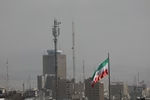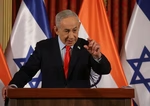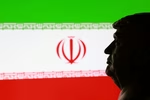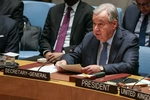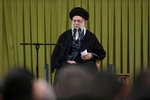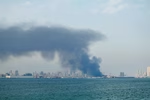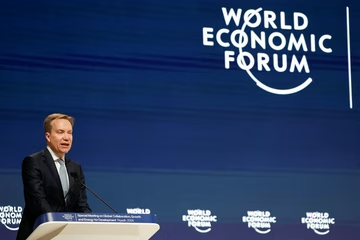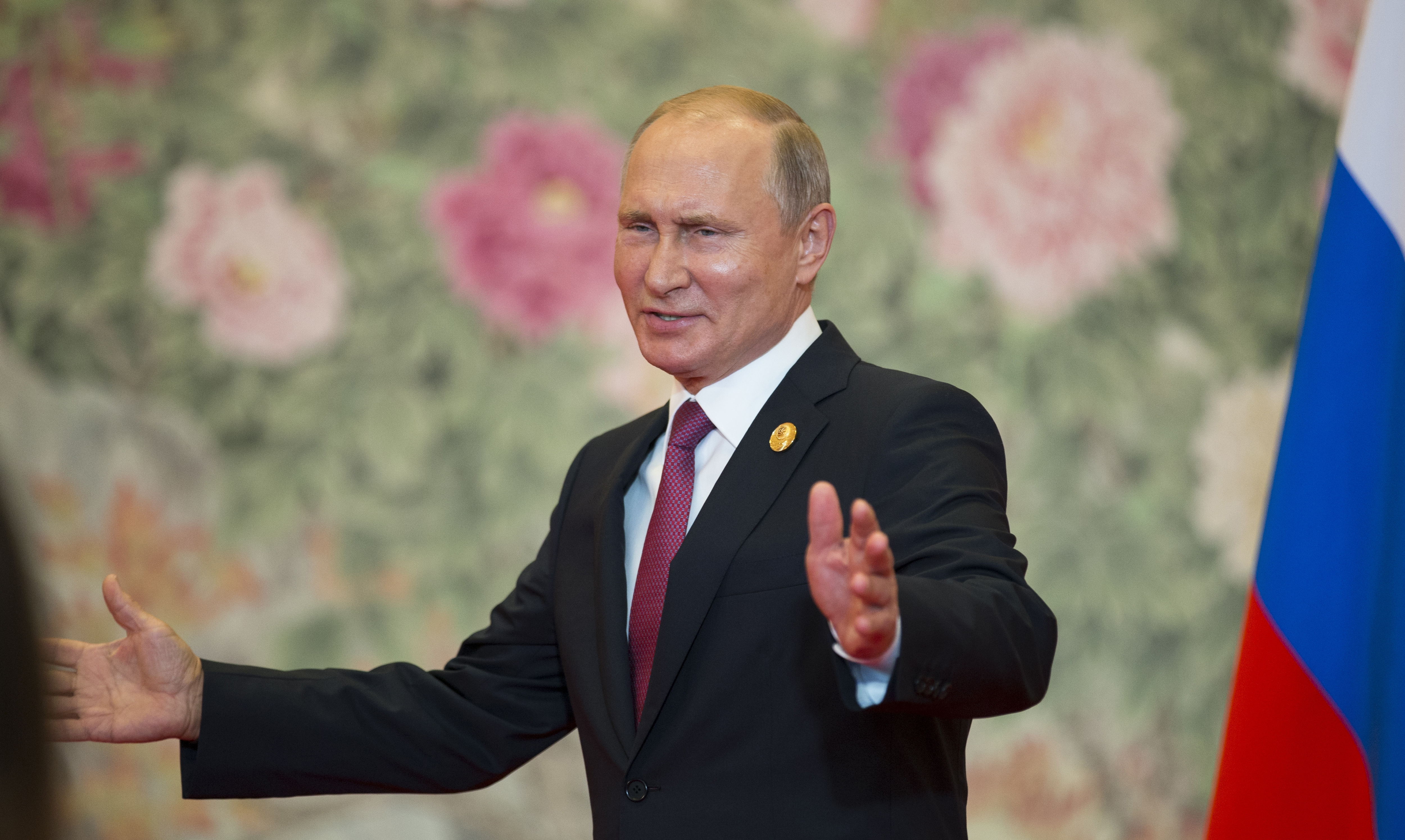
Anyone who doubts that Russia will seek to fill in any political vacuum in Europe left by the United States need only look to the Balkans. In recent years, as Washington’s attention has wandered from the region, Russia has zeroed in on the opportunities for influence operations, Foreign Policy wrote, Wednesday.
Russia's main target is not Croatia, which is a member of the European Union and NATO; nor is it Serbia, which has a long history of ties to Moscow. The Kremlin is focused instead on Bosnia and Herzegovina, a Western-aligned country that is nevertheless vulnerable to destabilization, especially with elections approaching in October.
Bosnia is administratively divided between two decentralized entities: the Federation of Bosnia and Herzegovina (FBiH), dominated by Bosniaks and Croats and the Republika Srpska (RS), dominated by Serbs. Russia’s policy consists of encouraging the separatist instincts of the latter.
According to Foreign Policy, this includes efforts as seemingly innocuous as supporting the RS population’s Serbian Orthodox religion. Next month, a cornerstone will be laid for a new Russian-sponsored Orthodox church near Banjaluka, in honour of Russian Tsar Nicholas II. Upon completion, the church will regularly feature religious services by both Serbian and Russian priests.
The most intensive cooperation between Bosnian Serbs and Russia, they said, is channelled through the RS security forces. The entity is not permitted to have its own military, under the terms of the Dayton Peace Agreement that ended the Bosnian war in 1995. But the RS does maintain its own police force—one that has an increasingly close relationship with Moscow.
In 2016, during an official visit by a Russian delegation to Banja Luka, talks focused on establishing a partnership between the RS and Russian police on matters including intelligence collection, counterterrorism, and combatting cybercrime. The RS also agreed to host Russian police trainers and to send members of RS special units to Moscow for training.
Foreign Policy notes that since then, Russian intelligence officers often give lectures and teach courses in the Republika Srpska police academy and at the University of Banja Luka’s faculty of security studies.
The exchange of military knowledge and socializing among security personnel also flows in the other direction, from the RS to Russia. Former RS military officers also often travel and work in Russia.
Meanwhile, under the pretext of counterterrorism, the RS has recently been strengthening its police force in ways that resemble outright militarisation, sometimes with the help of Russia. For example, the RS Ministry of Interior bought 2,500 long-barreled weapons this year from a Zastava Arms, a Serbian arms manufacturer.
Bosnia’s former Economy Minister Reuf Bajrovic told Foreign Policy that this amount is 10 times as many high-powered rifles ordered by the state police forces in Sarajevo.
The RS authorities are also opening a new USD 4 million (around EUR 3.4 million) training centre at the site of a former army barracks in Zaluzani, outside Banjaluka. Russia has already committed to provide RS police forces with anti-terrorism training at the centre, which will serve as the headquarters for new anti-terrorist units, logistics units, and a department to combat organized crime. These additions will put the Serbian police closer on par with Bosnia’s national security forces.
Foreign Policy also pointed to the ongoing discussion of creating of a Russian “humanitarian” centre in the RS, similar to the one already established in the Serbian city of Nis. Officially, its purpose is to help the local government with natural disasters such as floods and fires. But the centre in Nis has been suspected of serving as a Russian intelligence centre and an unofficial military base.
Russia still doesn’t enjoy much soft power in Bosnia, or even in the RS. Nevertheless, Milorad Dodik, the RS President, has plenty of incentive to play a pro-Russia card in the approaching October elections, even as many of his own advisors are openly pro-Western.
Tarring his opponents in the RS as agents of the West, while himself publicly associating with Russia offers the most direct way for Dodik to achieve his immediate political goals.
For now, Foreign Policy concluded, the political and economic connections between Moscow and Banja Luka are still mostly symbolic. But the links will continue to deepen if Dodik, as expected, wins the October presidential election.
Russia’s gradual strategy is unlikely to include any sudden moves. But it may eventually tempt Sarajevo, or its Western backers, to intervene to prevent a decisive break between Banja Luka and the rest of Bosnia—in which case, an escalation by Russia may become inevitable and unpredictable.
(EUR 1 = USD 1.159)
Kakvo je tvoje mišljenje o ovome?
Učestvuj u diskusiji ili pročitaj komentare





 Srbija
Srbija
 Hrvatska
Hrvatska
 Slovenija
Slovenija












